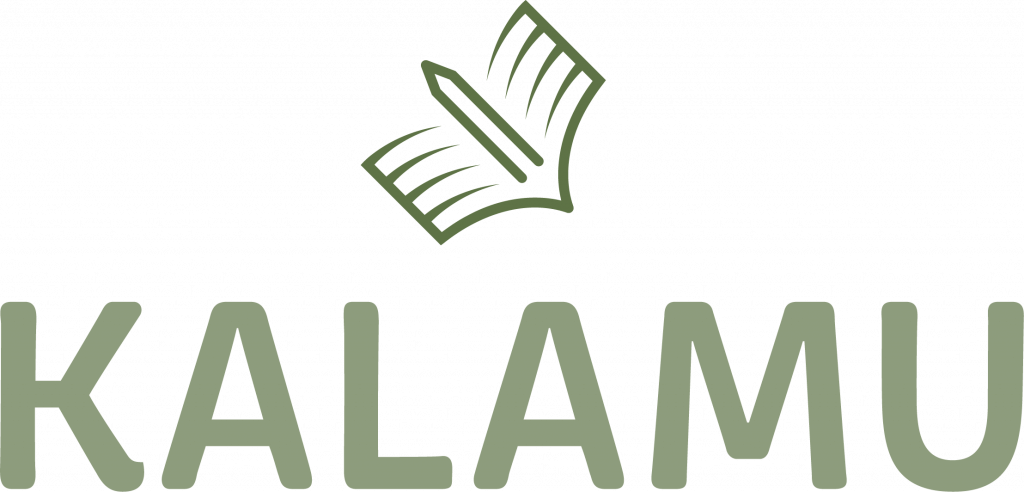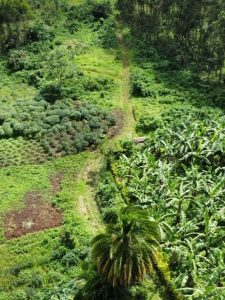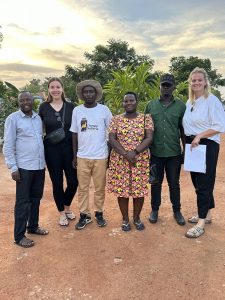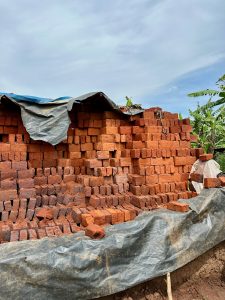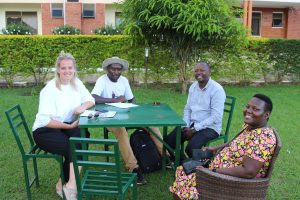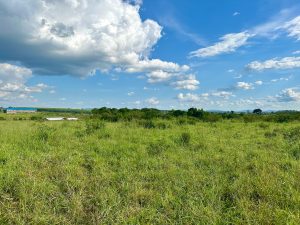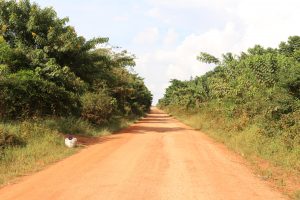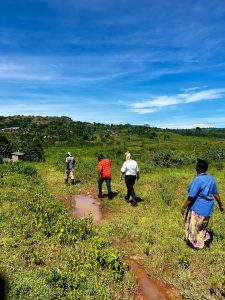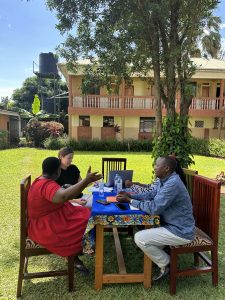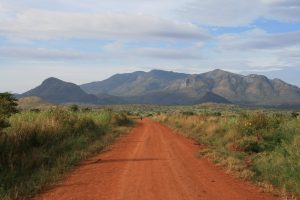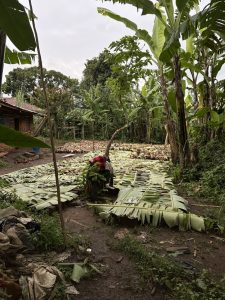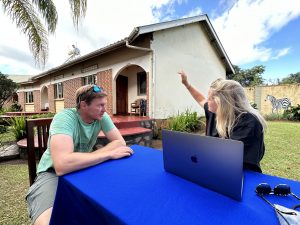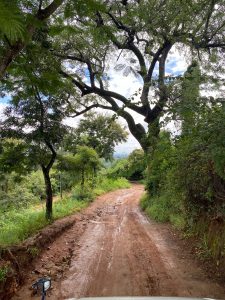School Campus In Uganda
KALAMU is currently planning and coordinating the construction of a school campus in Uganda. The aim is to create an educational institution for around 500 children and young people, including a preschool, primary school, and secondary school. The project is intended to enable regular access to education for children in a rural area and to support the local structures already in place.
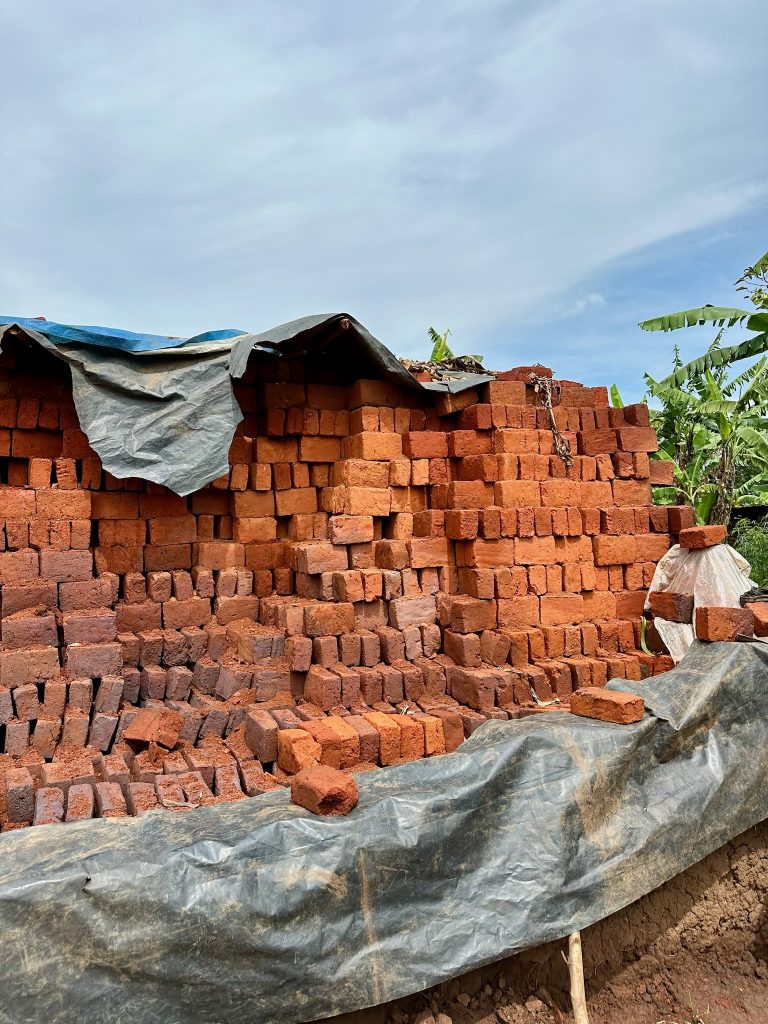
Uganda is among the countries with particularly high development needs in the field of education. In rural regions, there are often not enough school places available, and many children do not have reliable access to classes. At the same time, there are many well-trained teachers, but many prefer to work in urban areas due to better pay and more accessible infrastructure. This makes it difficult to attract qualified personnel to remote regions. In this situation, many local people are already strongly committed to expanding educational opportunities. The planned school campus is designed to build on these efforts and support them. The design of the project is based on what the involved teachers, specialists, and community members themselves describe as necessary and meaningful. The goal is to jointly create structures that are sustainable and enable many children to attend school.
The campus will accommodate about 500 children and young people. It includes a preschool, a primary school, and a secondary school. Each class will have about 30 students. For children coming from more distant areas, boarding and common rooms are planned. A centrally located cafeteria will provide two daily meals for all students. The site also offers space for growing fruits, vegetables, and grains – not only to support food provision but also as a place of learning. Older students can take on responsibility here and gain hands-on knowledge. This agricultural output can also contribute to the school’s financial sustainability over time.
A key element of the school will be a vocational branch, which is a common part of the regular school system in Uganda. These so-called “vocational schools” offer young people the opportunity to prepare for practical work and develop craft or service-related skills early on. The school concept integrates such vocational activities into the daily routine of the older students. Depending on their interests, students can participate in workshops, contribute to farming, or carry out small repairs. The aim is to combine theoretical learning with practical experience, thus enhancing everyday life and career prospects for the students. More information on the importance of vocational education in Uganda is available here.
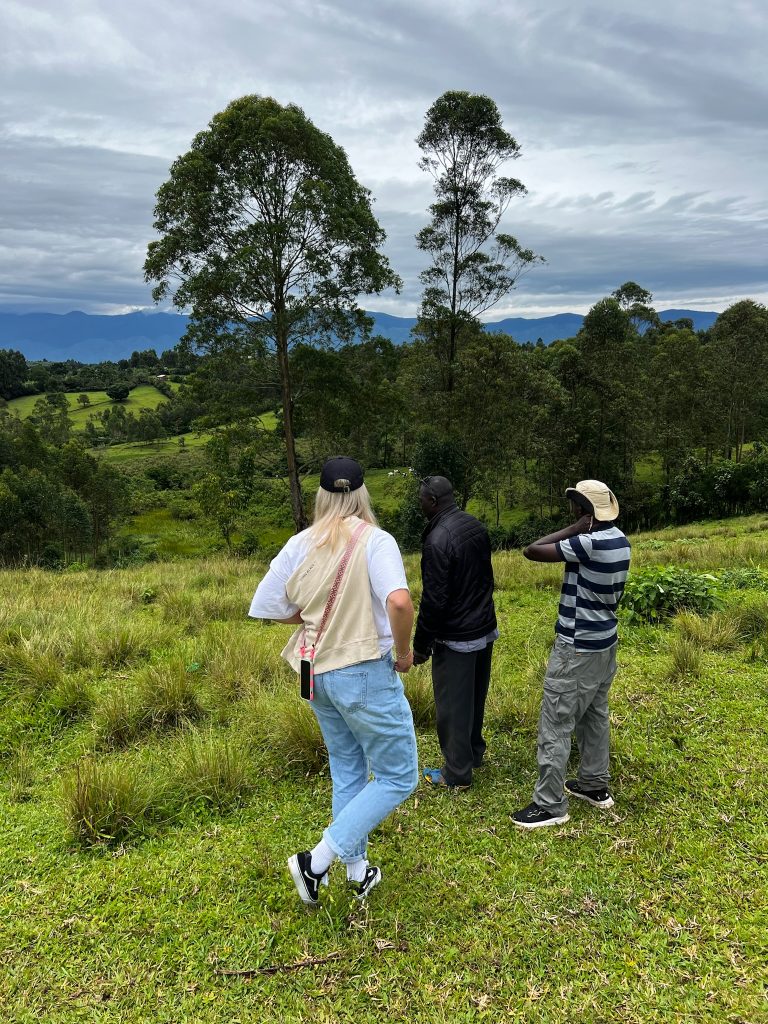
Current status and next steps
The conceptual and construction planning for the school campus has largely been completed. Based on site visits, discussions with local experts and a comprehensive needs assessment, a building concept has been developed that is both functional and sustainable. The planned buildings follow a modular design that can be adapted to different conditions. This approach makes it possible to implement the campus in stages and, if necessary, expand it at a later date.
In the planning process, regional building materials and proven construction methods were taken into account. Aspects such as ventilation, room layout and accessibility were also carefully discussed together with the local partners. The aim is to create an environment that is well suited for children and young people alike and that supports everyday school life in the long term.
The next step will be the selection of construction companies, with a focus on working exclusively with local businesses. At the same time, the construction phases are being prioritized. The plan is to start with the preschool and essential infrastructure. Depending on the level of donations, the building process will be carried out in stages. Coordination throughout the process will be carried out by the association in close cooperation with the people involved on site.
Initial discussions about the future furnishing of classrooms, the cafeteria and the workshops have already taken place. These discussions focused on furniture, materials and technical equipment. The aim is to ensure that the campus is not only structurally but also organizationally well prepared by the time it opens.
The construction of the school is based on thorough preparation. The idea for the project arose from the desire to create a lasting educational structure in a region where access to education is often not guaranteed. Members of the KALAMU association have held numerous conversations with teachers, construction experts, and education officials during several visits to Uganda. In close cooperation with local partners, the requirements for a suitable site were defined and a detailed construction and cost plan was developed. The construction will be carried out exclusively by local companies and tradespeople. Members of the association will accompany, support, and document the implementation in cooperation with the responsible local experts. The aim is to closely align the construction process with local conditions and to ensure the project is carried out transparently and understandably.
In this process, the KALAMU association draws on experience from previously completed education projects. In recent years, for example, the renovation of a kindergarten in South Africa was supported and successfully completed. As with that project, close cooperation with those responsible on site was central. The implementation was based on specific needs identified by local professionals. This approach has proven successful and also shapes the work on the current school construction project in Uganda.
The construction of the school is entirely financed by donations. If the required amount is not available in time, the campus will be built in phases. In addition to one-time donations, there is the option to support the project long-term through sponsorships. These regular contributions help cover the school’s fixed costs, such as teacher salaries and daily meals for the children.
In the long term, the school is intended to become financially self-sufficient. Various income sources – including agriculture, vocational projects, or school fees – will contribute to this goal so that the school can operate independently after the initial phase. More information about the planned financing can be found here.
Companies have the opportunity to support the school construction project in various ways. This can include financial or material contributions for individual construction phases, the furnishing of classrooms, or the sharing of professional expertise. Donation receipts can be issued on request. We are also happy to provide materials for corporate communications, such as CSR reports, press releases, or your company website. Further information can be found on our page for corporate partners..
We appreciate every donationthat supports this school construction project in Uganda. For questions or suggestions, feel free to contact us at info@kalamu-verein.de.
Register for our Newsletter here.
